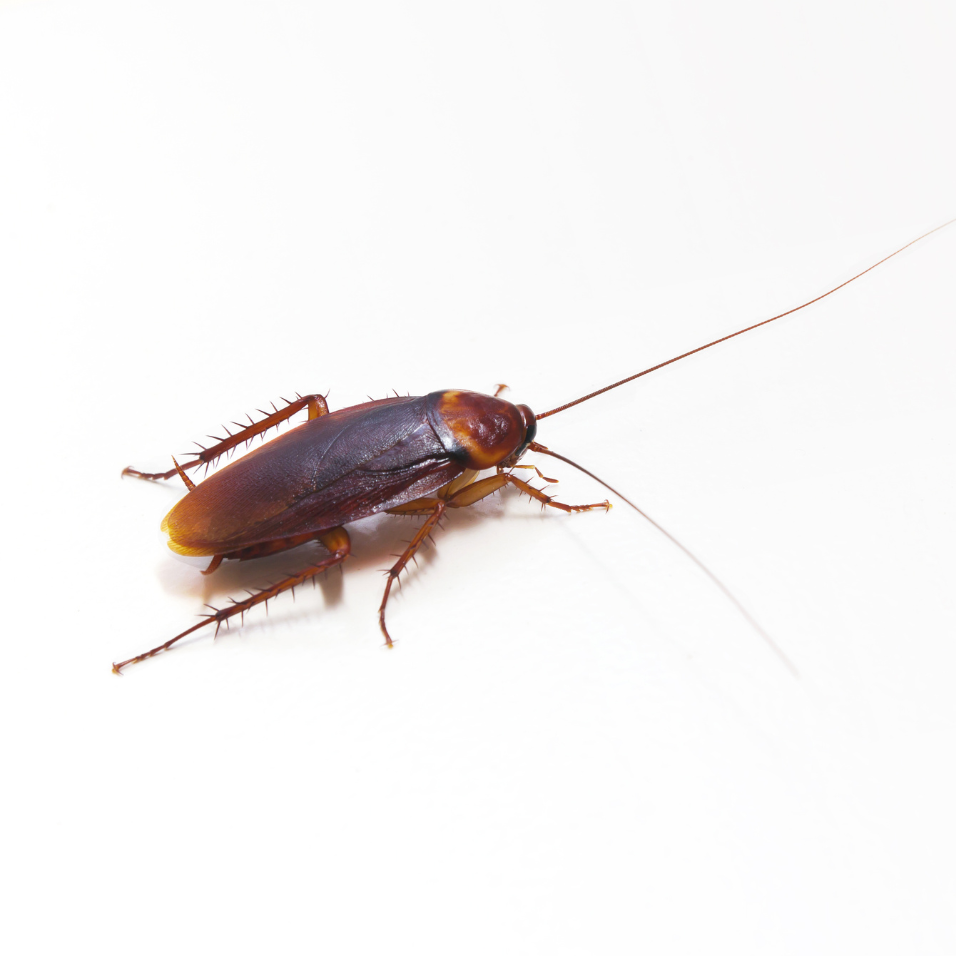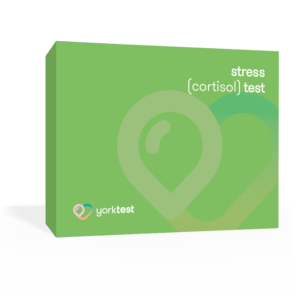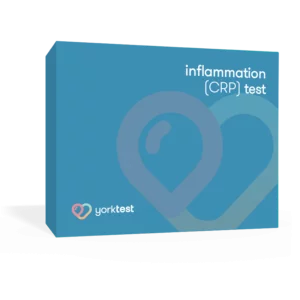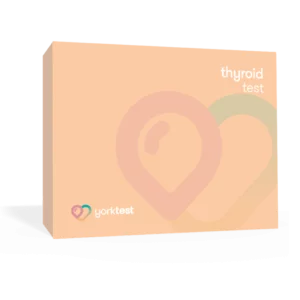- What causes a cockroach allergy?
- How common are cockroach allergies?
- Symptoms of a Cockroach Allergy
- Cockroach Allergy vs. Dust Mite Allergy
- Diagnosis of a Cockroach Allergy
- Skin Prick Test to Diagnose a Cockroach Allergy
- Taking a Blood Test to Diagnose a Cockroach Allergy
- Treatment of Cockroach Allergy
- Prevention of Cockroach Allergy
Cockroaches are insects that are found in many parts of the world. They are known for their ability to adapt to different environments, which makes them difficult to control. There are several species of cockroaches, including the American cockroach, the German cockroach, and the Oriental cockroach.
Whilst thinking about cockroaches may make your skin crawl, the insects might to come straight to mind when thinking about things you may be allergic to. But cockroach allergies are common, especially in urban areas where cockroaches are prevalent.
In this article, we give you a guide to cockroach allergies, looking at the causes, common symptoms, how to diagnose the allergy, and how you may be able to prevent a reaction.
What causes a cockroach allergy?
Cockroach allergy is a type of allergy that occurs when a person is exposed to cockroaches or their body parts, such as their feces, saliva, eggs, and shed cuticles. The proteins from their bodies can become airborne and be inhaled, leading to an allergic reaction. Even dead cockroaches can cause an allergic reaction.
How common are cockroach allergies?
As mentioned, it is a common allergy – especially in urban areas where cockroaches are prevalent. It is estimated that at least half of inner-city homes have clinically relevant levels of cockroach allergens. Among suburban, middle-class homes 30% have detectable levels of cockroach allergens.
Cockroach allergy is also more common in people who live in apartments or other multi-unit dwellings, as cockroaches can easily spread from one unit to another.
Symptoms of a Cockroach Allergy
The symptoms of a cockroach allergy can vary from person to person. Common symptoms include:
- Sneezing
- Coughing
- Watery eyes
- Itchy skin
- Difficulty breathing
In severe cases, a cockroach allergy can lead to a life-threatening condition called anaphylaxis. Anaphylaxis is a severe allergic reaction that can cause symptoms such as serious difficulty breathing, swelling of the face, lips, or tongue, and a drop in blood pressure. If you experience any of these symptoms, it is important to seek medical attention immediately.
Cockroach Allergy vs. Dust Mite Allergy
Symptoms of a dust mite allergy are similar to those of a cockroach allergy – sneezing, coughing, watery eyes, and difficulty breathing. However, they are caused by different allergens. Cockroach allergy is caused by exposure to cockroaches or their body parts, while dust mite allergy is caused by exposure to dust mites or their feces.
Dust mites are small, translucent insects that are found in many homes. They feed on the flakes of skin that people and pets shed, and they thrive in warm, humid environments. Dust mites can trigger an allergic reaction in people who are sensitive to proteins found in their feces. In severe cases, dust mite allergy can also lead to anaphylaxis.
Read our in-depth Guide to Dust Mite Allergies to learn more about this allergen.
Diagnosis of a Cockroach Allergy
A skin prick test or a blood test are two common ways to diagnose a cockroach allergy.
Skin Prick Test to Diagnose a Cockroach Allergy
A small amount of solution containing the allergen is dropped on to the skin – usually the forearm – then the skin is pricked with a very thin needle (lancet). This is usually painless, as just the very surface of the skin is pricked. However, this is enough to let a tiny amount of solution into the skin.
The skin is then observed for a reaction. If a reaction occurs, it will happen within 20-30 minutes. A positive reaction is considered when the skin under the drop of allergen becomes red and itchy, and a white, raised swelling (called a wheal) surrounds the central area of the skin reaction.
Based on skin prick testing, 60–80% of inner-city children with asthma are sensitised to cockroach.
Taking a Blood Test to Diagnose a Cockroach Allergy
In addition to a skin test, you can also take a blood test to diagnose a cockroach allergy. This simple, non-invasive test that involves taking a small sample of blood from your finger or arm. The blood sample is then sent to a laboratory, where it is tested for the presence of IgE antibodies to cockroaches.
A blood test has several advantages over a skin test. It can be used to test for allergies to multiple allergens at once, and it does not carry the risk of a skin reaction. A blood test is also a good option for people who are taking medications that may interfere with a skin test.
Treatment of Cockroach Allergy
There are several treatment options for cockroach allergy. Antihistamines can help to reduce symptoms such as itching and sneezing. Nasal corticosteroids can also be used to reduce inflammation in the nasal passages. In severe cases, an allergy shot (allergen immunotherapy) may be recommended.
Prevention of Cockroach Allergy
To prevent a cockroach allergy, it is important to reduce your exposure to cockroaches. Here are our seven top tips:
- Keep your home clean and free of clutter. Vacuum and mop regularly.
- Seal any cracks or openings where cockroaches can enter.
- Fix leaky pipes under sinks and in the basement. Cockroaches like to live in damp places.
- Use pest control measures to prevent infestations, use baits and traps. Don’t use sprays as these can irritate asthma.
- Keep food stored in sealed containers.
- Avoid leaving food out overnight, including pet food. Clean bowls regularly.
- Keep your food waste in a sealed container.













